To help Aboriginal and Torres Strait Islander corporations understand what Data Sovereignty means and why it matters...
IUIH on the challenges of shared governance

The Institute for Urban Indigenous Health (IUIH) is a great example of an organisation adapting to a servant leadership style to complement their shared governance approach. Shared governance is about partnership, shared decision-making and the distribution of leadership. It gives decision-making authority and autonomy to the people who will implement the decision. The aim is for group members to have the responsibility, authority and accountability to determine what goals to pursue. Leaders set guidelines, and team or group leaders make independent decisions that fit within these guidelines.2Gen Guanci, “Shared Governance: What it is and is not,” Creative Health Care Management,[link]
IUIH was a Finalist in Category A of the 2014 Indigenous Governance Awards. Here CEO Adrian Carson and Jody Currie, Director of Operations and Communications discuss some of the complications of shared governance and how they tackled challenges that arose in bringing together four health services.
“…Leadership is actually about building consensus, not seeking it.”
– Adrian Carson, CEO.

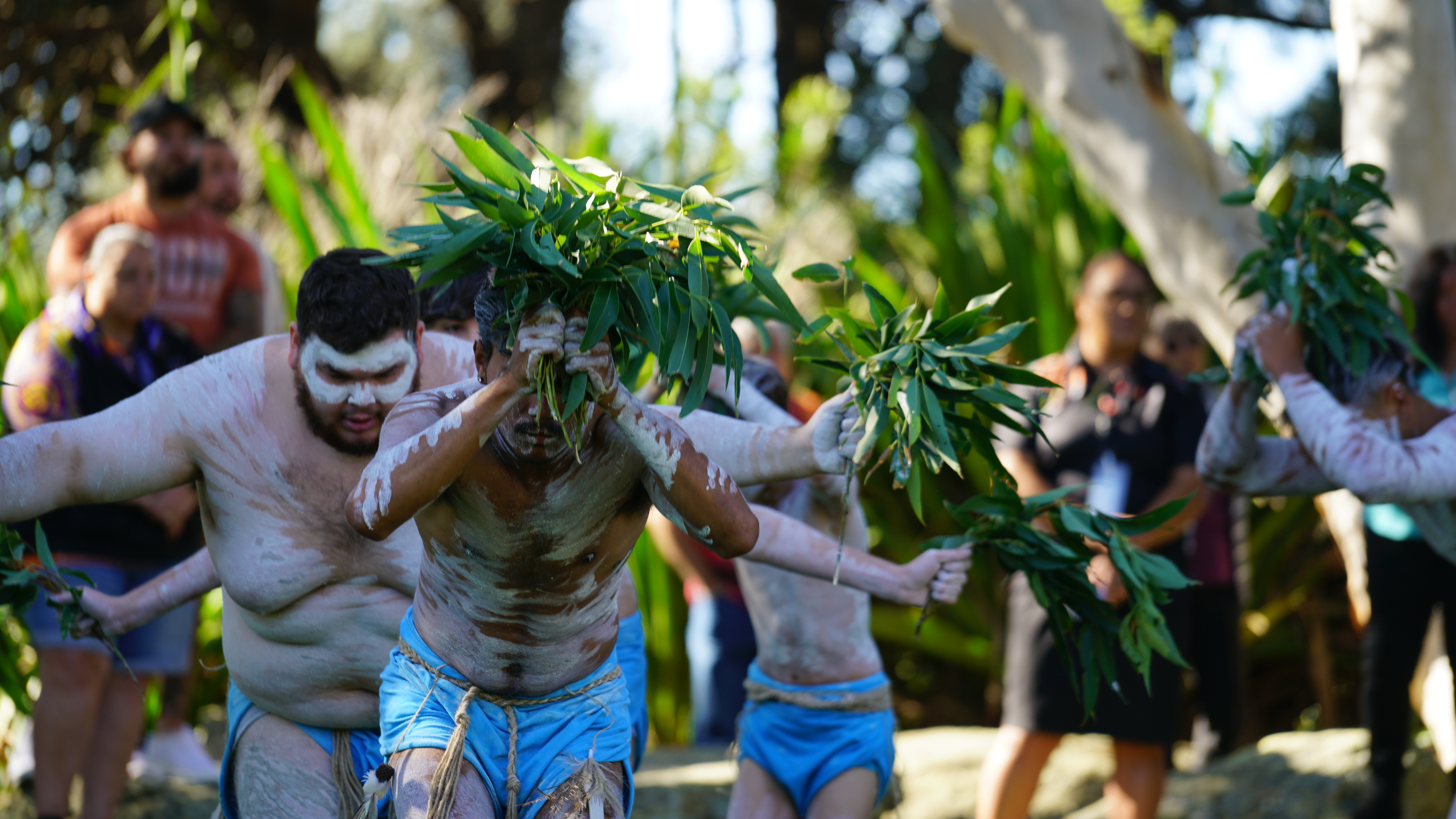
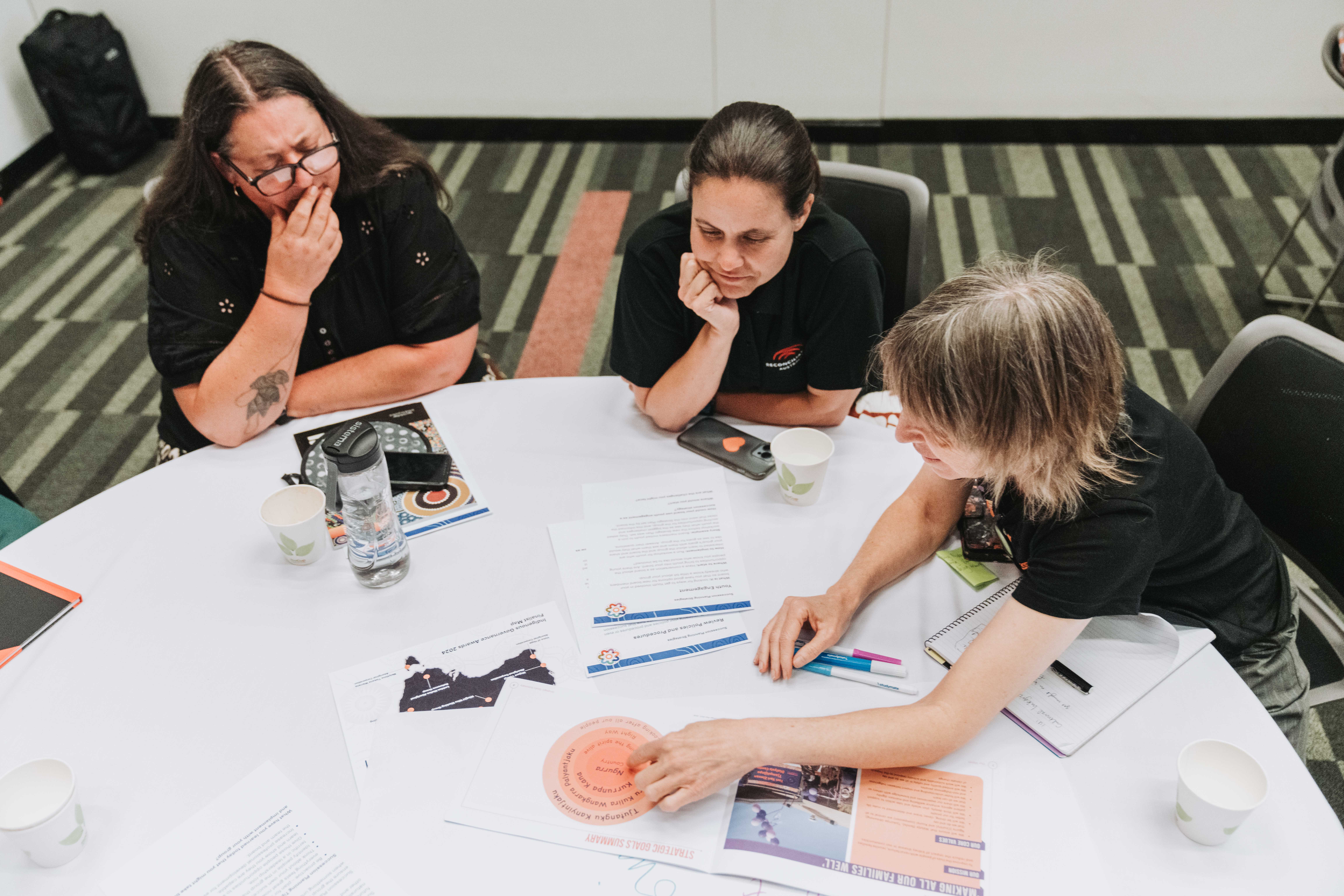
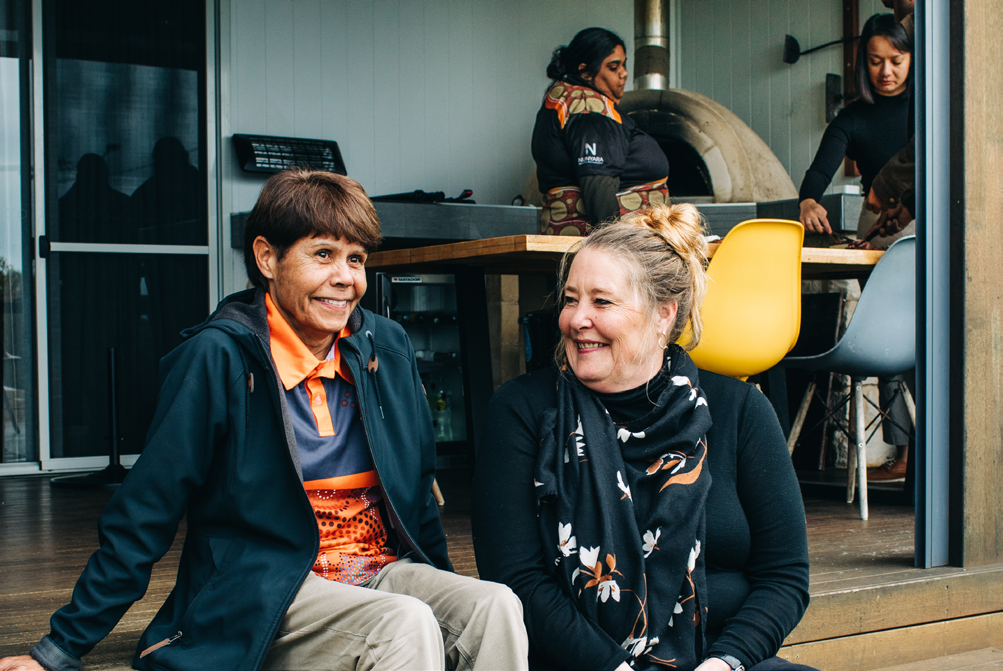

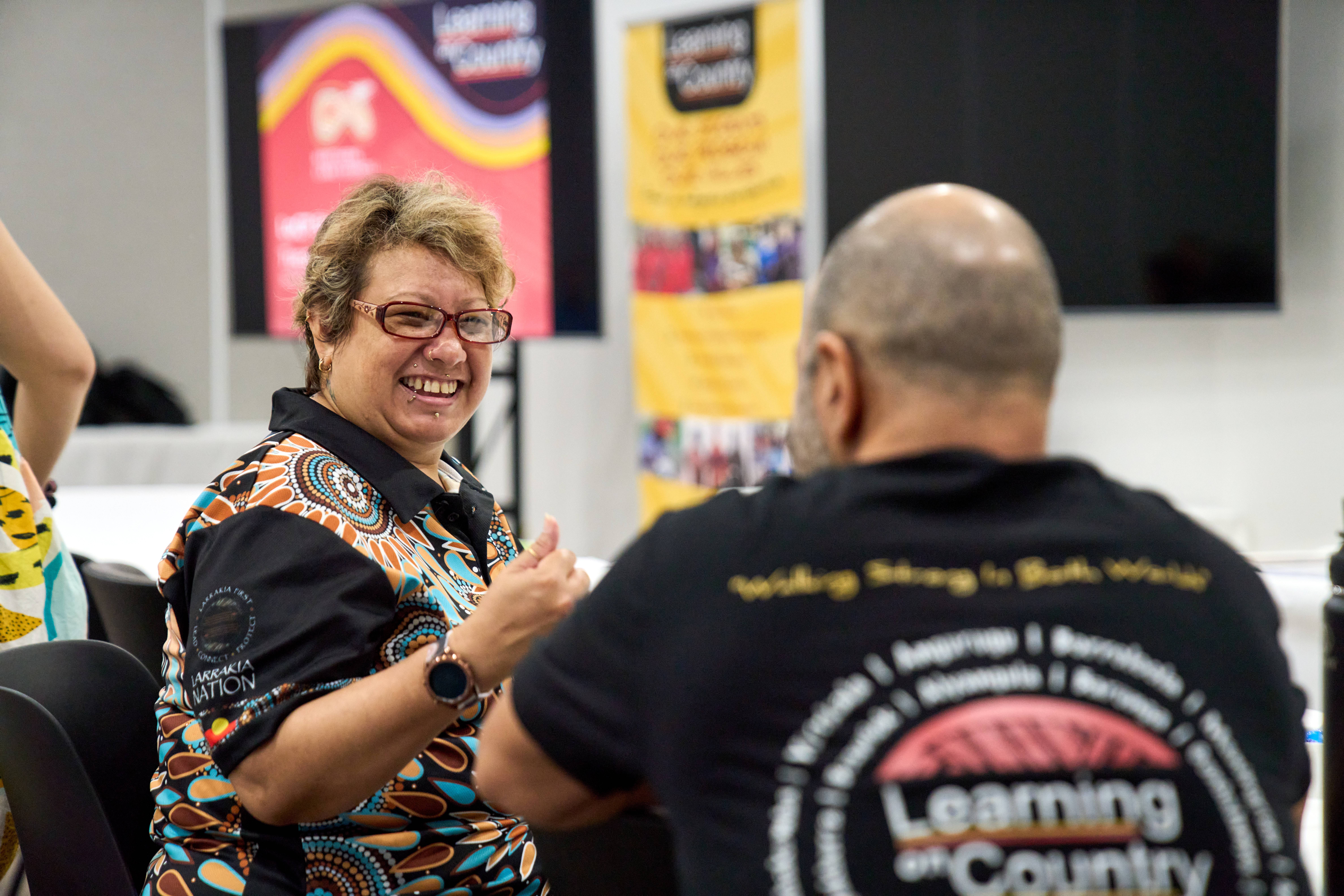
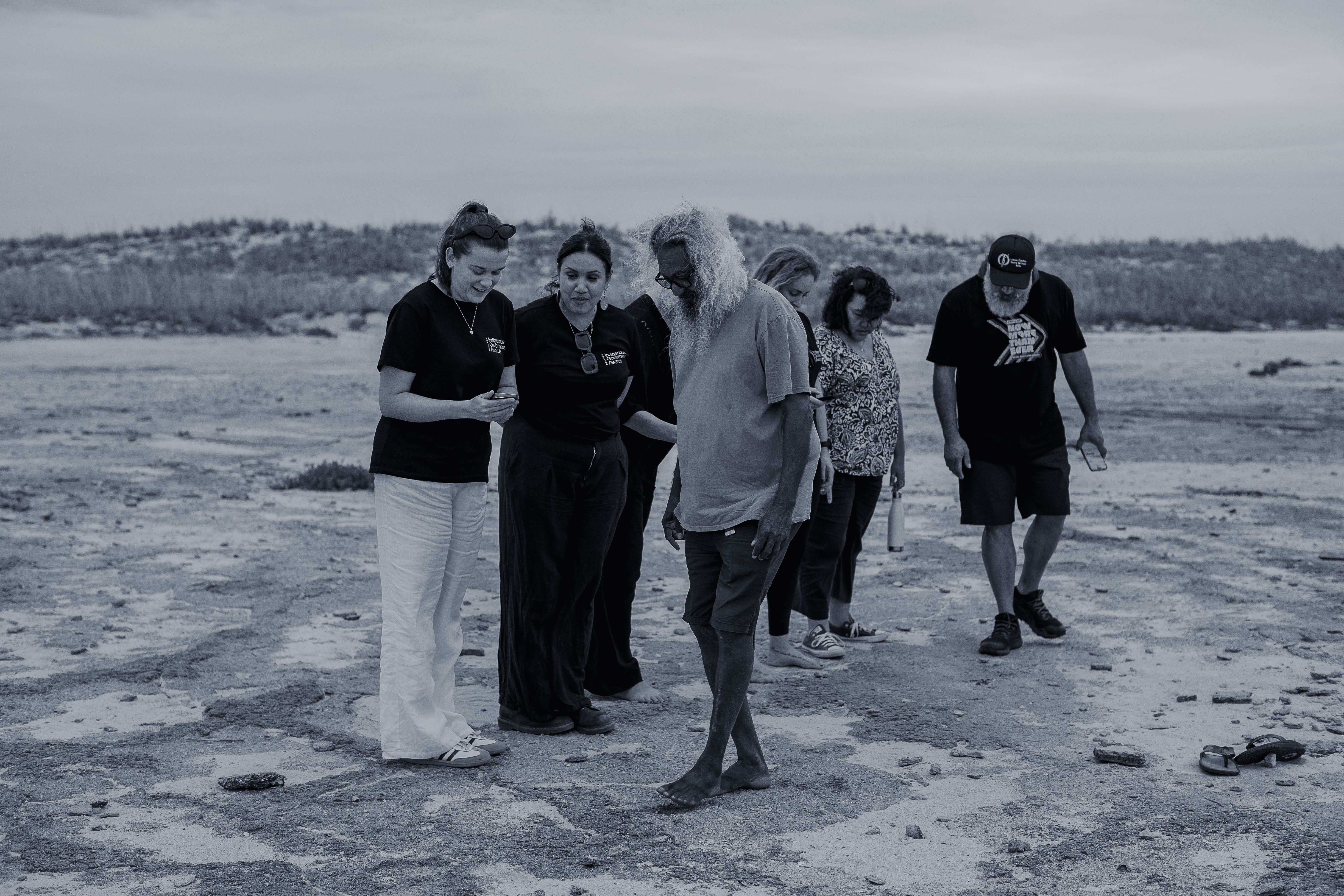
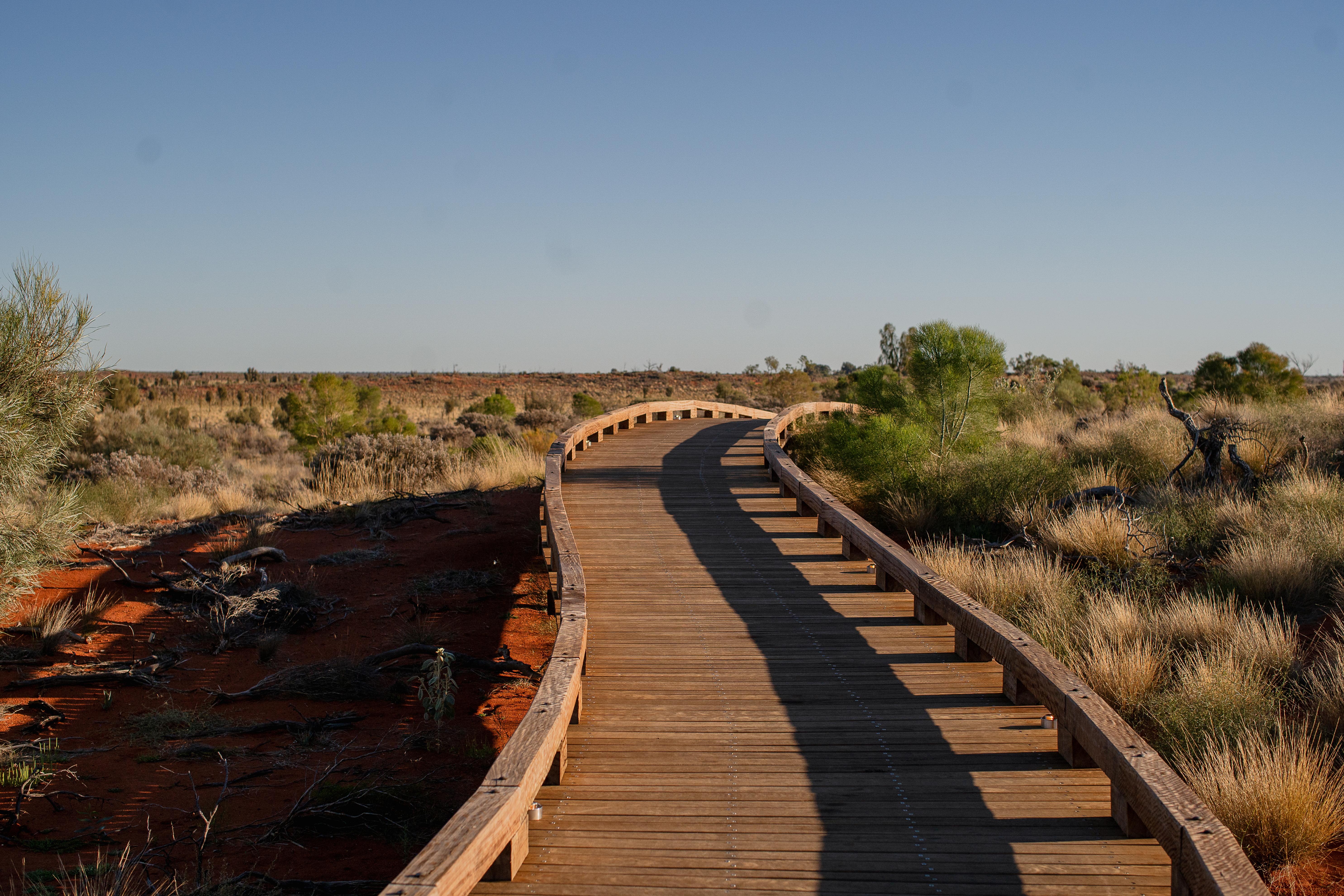
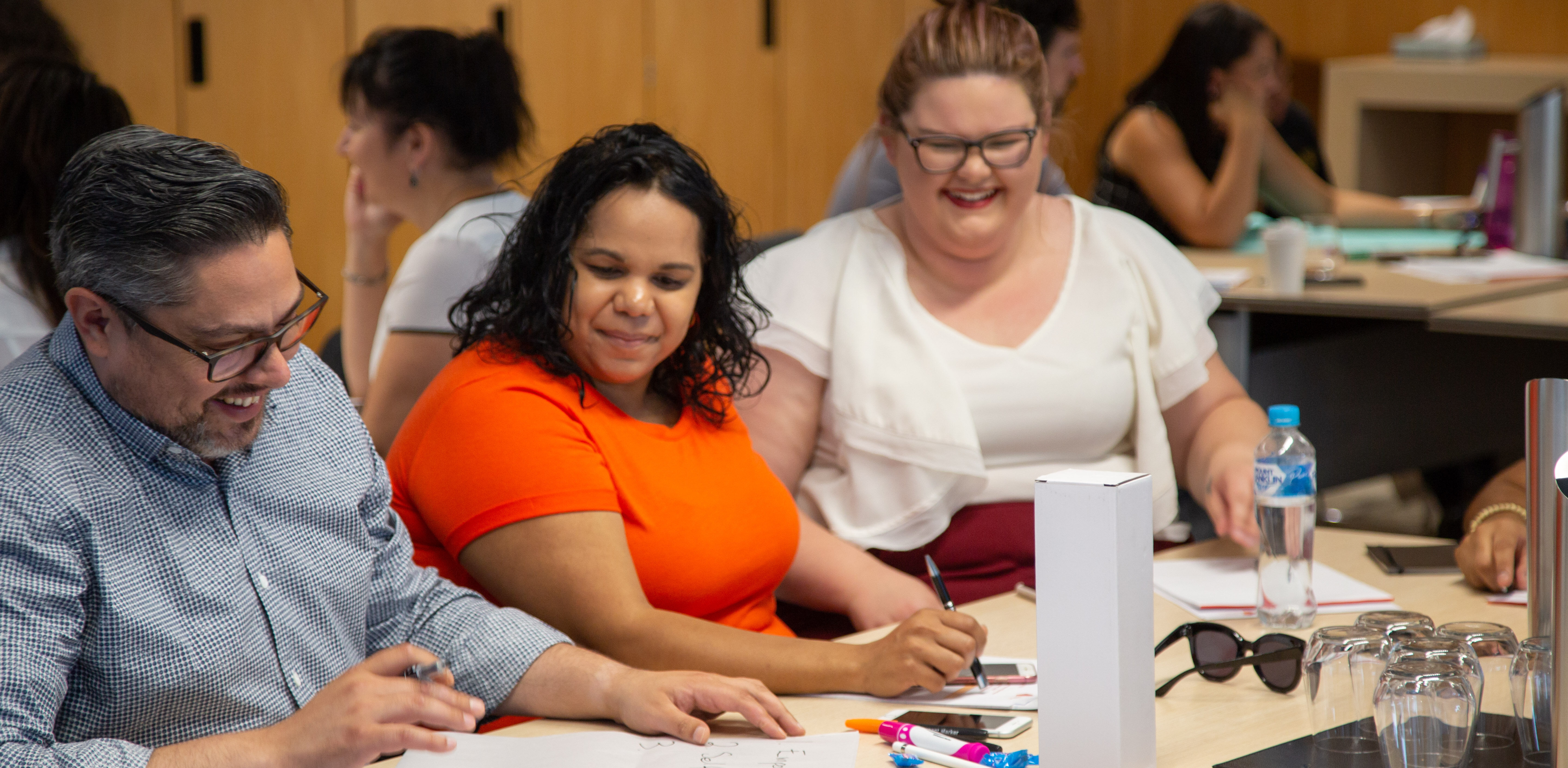
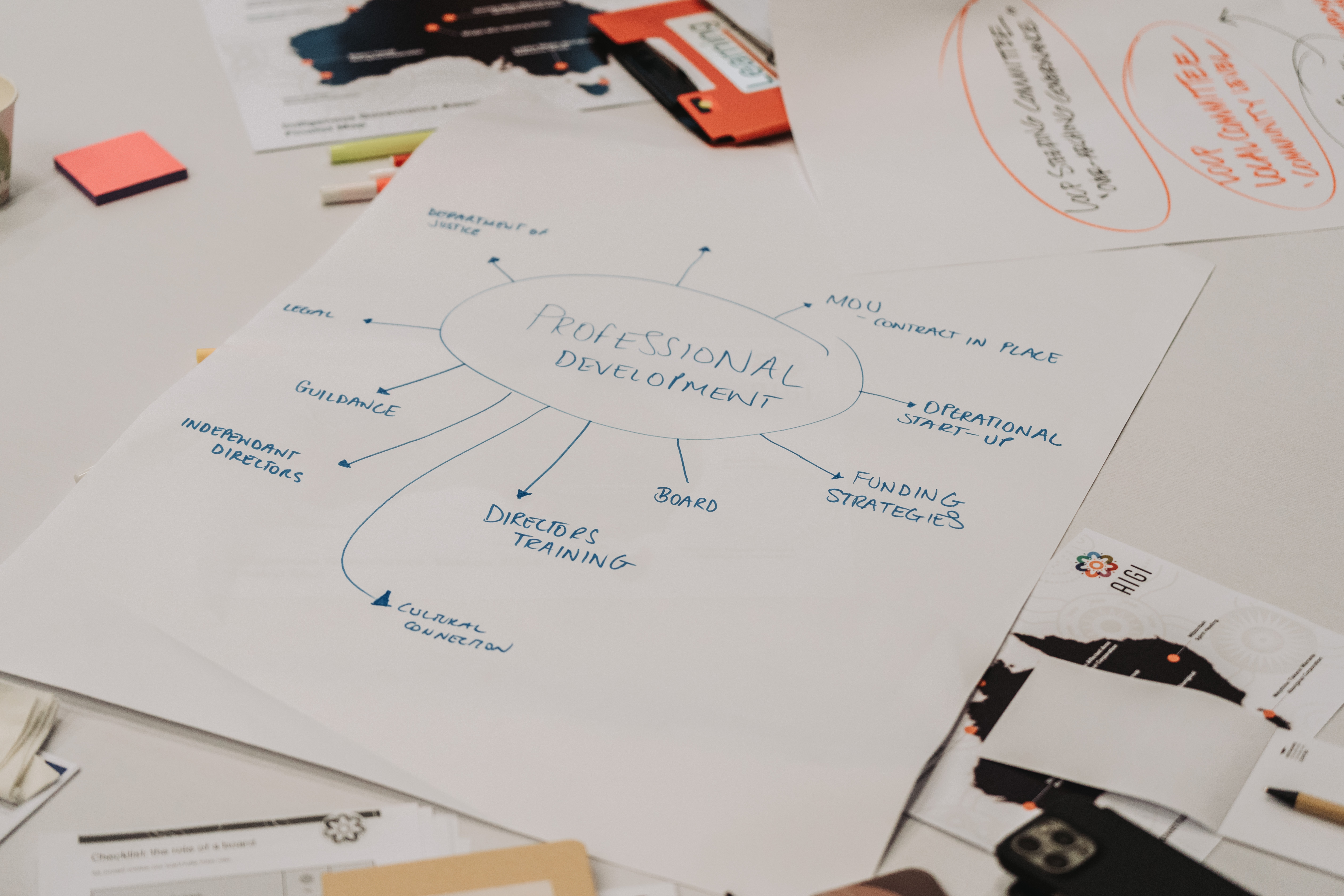
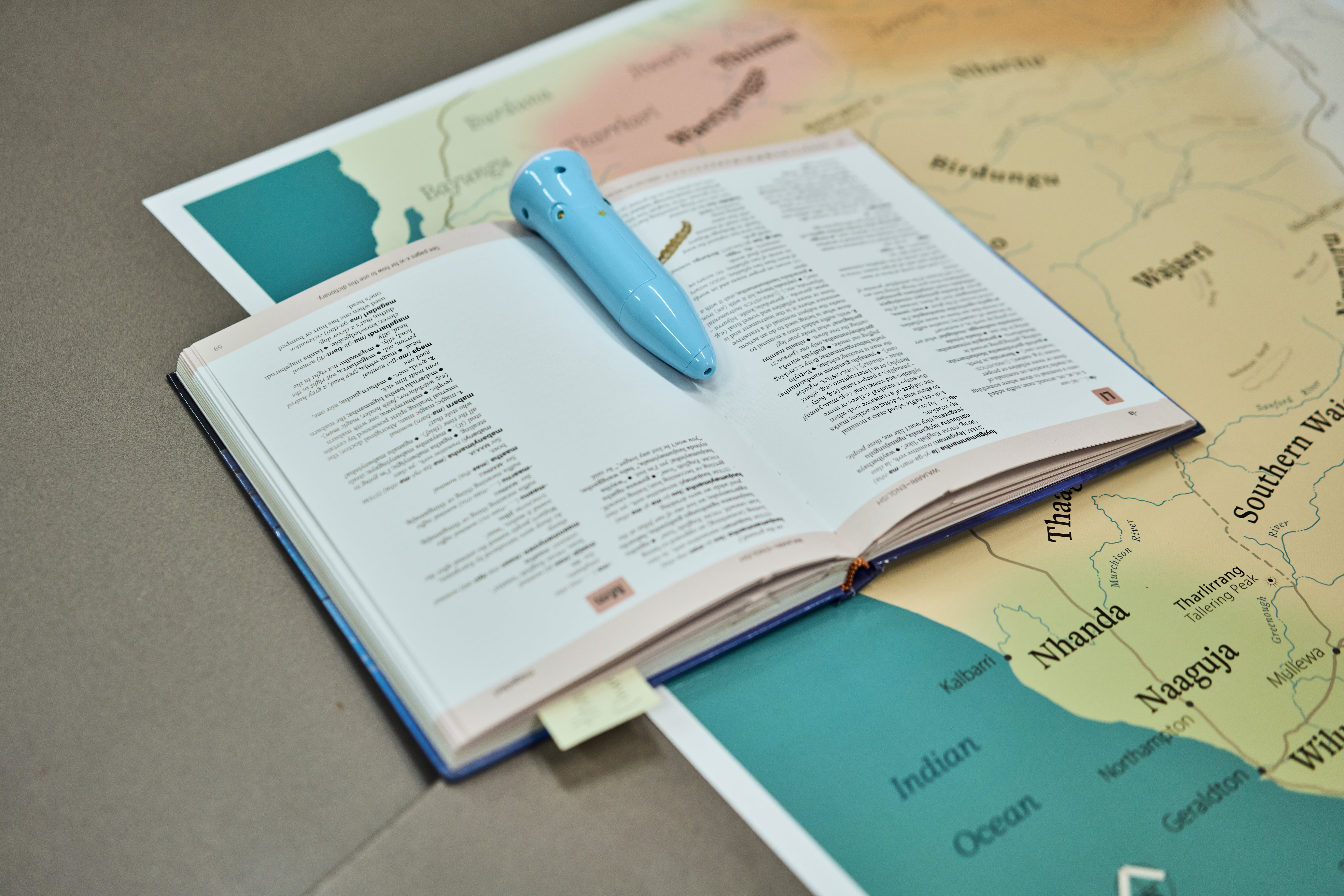

.png)

